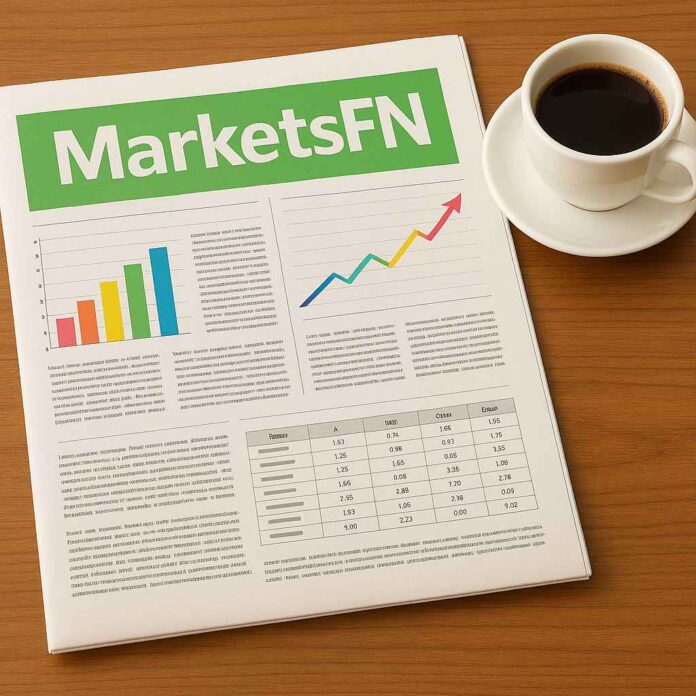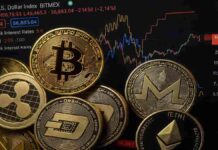# GLOBAL NEWS
In the rapidly changing landscape of global affairs, significant developments have occurred across various sectors, from economic shifts to geopolitical tensions. This overview highlights key events in the United States, Europe, and Asia, providing insights into market movements, political maneuvers, and economic forecasts.
## US
The U.S. economy continues to grapple with the implications of President Trump’s recent tariff policies. A federal appeals court ruling has deemed most of Trump’s global tariffs illegal, prompting the President to seek an expedited ruling from the Supreme Court. This ruling has raised concerns among businesses and trade partners about the future of U.S. trade policies, particularly as Trump threatens to impose further tariffs on countries he perceives as acting against U.S. interests, including a potential 200% tariff on China if certain export conditions are not met.
In the corporate sector, Salesforce has announced a significant reduction in its workforce, with CEO Marc Benioff citing a need for fewer employees as the company pivots towards artificial intelligence. This move reflects broader trends in the tech industry, where companies are increasingly leveraging AI to enhance efficiency and reduce costs. Meanwhile, Apple shares experienced a boost following a favorable ruling in an antitrust case involving Google, underscoring the ongoing legal battles within the tech sector.
Additionally, the Federal Reserve is facing challenges regarding its independence as Trump attempts to fire Fed Governor Lisa Cook over allegations of mortgage fraud. This situation has raised alarms about the potential politicization of the central bank, which could have far-reaching implications for U.S. monetary policy.
As the economic landscape evolves, consumer sentiment remains cautious, with households earning between $50,000 and $100,000 feeling increasingly strained. In contrast, high earners continue to spend, highlighting a growing divide in consumer behavior amid inflationary pressures.
## EUROPE
In Europe, economic indicators are reflecting a complex landscape influenced by both internal and external pressures. The Eurozone’s inflation rate has risen to 2.1% in August, higher than anticipated, prompting speculation about the European Central Bank’s (ECB) next moves on interest rates. The ECB’s decision-making process is further complicated by a recent increase in unemployment rates in Germany, suggesting that the continent’s largest economy is facing significant headwinds.
Political instability in France has also contributed to market volatility, as Prime Minister Élisabeth Borne’s government faces a confidence vote amid budget disputes. The CAC 40 index has seen declines as investors react to the uncertainty surrounding the French government’s fiscal stability.
Amid these challenges, the European Union is moving forward with a trade agreement with South America, aiming to strengthen economic ties while navigating tensions with the U.S. over tariffs on industrial goods. This agreement is seen as a strategic move to bolster Europe’s position in global trade, especially as populist right-wing parties gain traction across major economies, signaling growing voter discontent.
In the corporate arena, significant developments include SAP’s announcement of a €20 billion investment in sovereign cloud capabilities, which is expected to enhance Europe’s AI ambitions. However, the banking sector is experiencing turbulence, with NatWest shares dropping due to concerns over potential windfall taxes.
## ASIA
Asia is witnessing a dynamic interplay of economic growth, geopolitical maneuvers, China’s services sector has shown resilience, with the Purchasing Managers’ Index (PMI) expanding at its fastest pace in over a year, supported by improved domestic and international demand. However, the region is also grappling with the fallout from U.S. tariffs, particularly in South Korea, where export growth has slowed significantly.
Geopolitically, the recent military parade in Beijing, attended by leaders such as Vladimir Putin and Kim Jong Un, underscores China’s efforts to assert its position on the global stage. President Xi Jinping’s remarks about the world facing “peace or war” reflect the heightened tensions between China and the U.S., particularly as Trump accuses Beijing of conspiring against American interests.
In India, the government is implementing tax cuts to stimulate domestic consumption amid the looming threat of U.S. tariffs. This move is seen as a strategic effort to bolster the economy while navigating complex international trade dynamics, especially with Russia, as India seeks to maintain its longstanding ties with Moscow despite U.S. pressures.
In the wake of recent protests in Indonesia, which have highlighted issues of economic inequality and corruption, the government is facing mounting pressure to address the grievances of its citizens. The protests have garnered regional support, with citizens from neighboring countries expressing solidarity with the Indonesian populace.
As Asia continues to evolve, the interconnectedness of its economies and the influence of global politics remain critical factors shaping the region’s future.





